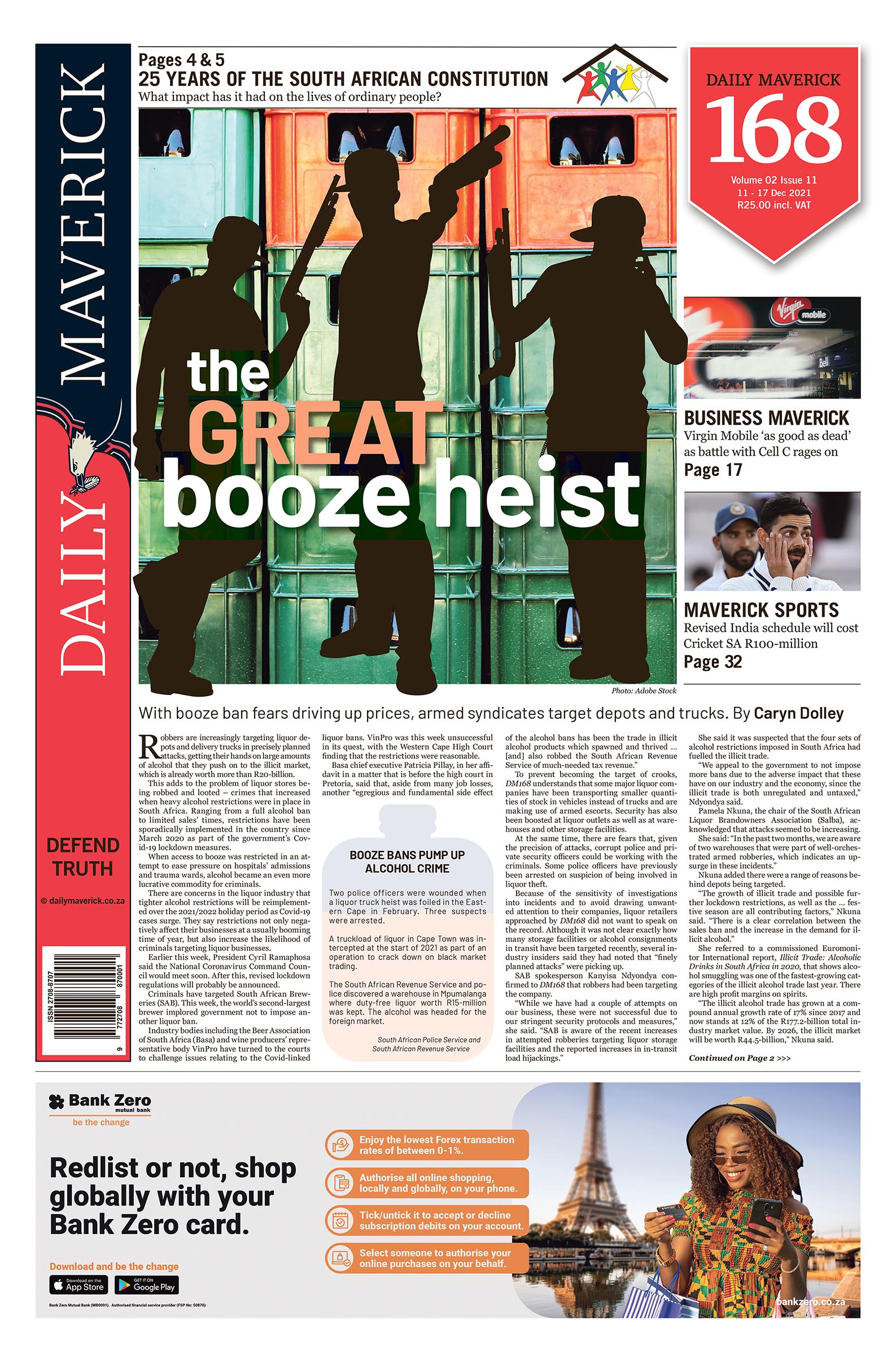This is a structural problem – the demand for unskilled labour has fallen over the past two decades, particularly in the agricultural, industrial and mining sectors – while the supply of labour, mostly unskilled, or less skilled, has continued to rise.
Unemployment will not change without major intervention at a policy level. The government talks about it a lot. And so we tinker on the sidelines. We have Jobs Summits, and the Employment Tax Incentive, Amavulandlela Funding Scheme, the Public-Private Growth Initiative, the Expanded Public Works Programme, the Clothing and Textiles Master Plan, the Poultry Master Plan and the Steel Industry Master Plan. And that’s not half of it.
All of these initiatives are effective in their own small way – for instance, government-funded job creation schemes connect people to the labour market. And they are crucial mechanisms for providing income support.
But they will not move the needle on unemployment. In fact, there is no evidence yet to show that government-funded job schemes are a long-term solution to the unemployment crisis; they are simply a balm. The structure of our economy, as well as our grossly inequitable education system, are destined to perpetuate and exacerbate the problem.
This week the Competition Commission published its first economy concentration tracker report, highlighting the dominance of firms across several key sectors in South Africa. If it’s a case of you can’t manage what you don’t measure, then the findings are valuable, and the work is to be commended. The report notes that the top 10% of companies earn 86% of all income while the bottom 50% earn just 1.6% of income.
This means that the proportion of big firms to small firms is skewed – we need many, many more small- and medium-sized businesses.
We know this. It is what we do about it that is important, and my fear is that the government’s natural inclination to manage by regulation is the likely outcome.
Elon Musk weighed in on the subject of regulation recently. Talking at a Wall Street Journal event, he commented that rules and regulations live on infinitely. Every year governments introduce new regulations, but they never get rid of the old ones that no longer have merit. The result is that businesses get tied up in regulatory soup and productivity inevitably declines.
Ask Rosheda Muller, the national president of the SA Informal Traders’ Alliance, about regulation. She is the official, vocal and passionate voice of more than 2 million informal traders in South Africa, and rules and regulations (many that are incomprehensible) are the bane of traders’ lives.
With just a little support from local authorities, she believes the informal economy could grow jobs and livelihoods. Instead, traders are regularly subjected to unnecessary and often violent harassment with officials seeming to take pleasure in confiscating their goods.
It is on this note that I want to end the year, by celebrating the many South Africans who dedicate their lives to supporting job creation and entrepreneurship – and to the entrepreneurs themselves. Because while the academics provide worthy analysis of the problems and the economists’ debate solutions and the government makes promises, these are the people who just get on with it.
There’s Fabian Whate, the eloquent investment banker who heads Naspers Foundry. His mission, he says, is to find, fund and build great local tech businesses that focus on improving people’s everyday lives. So far the Foundry has invested more than R400-million of the R1.4-billion committed by Naspers in SweepSouth, Aerobotics, The Student Hub, WhereisMyTransport, Food Supply Network, Ctrl and Naked Insurance.
And there’s Tashmia Ismail-Saville, the now former CEO of YES4Youth who has, in her quiet and determined way, made it clear that South Africa’s youth are not unemployable, but are locked out of the economy. As she told Bruce Whitfield: “Our youth are locked out. They’re locked out of networks of workers; they’re locked out spatially where they’re just distant from where economic change and growth happens; and also educationally … Unless we have national strategies like YES that are expanded, that take large numbers of youth and absorb them into light manufacturing and agriculture where lower skill levels are used to just start that job ladder, even economic growth is not sufficient.”
Under her stewardship, YES4Youth has created 19,000+ jobs with the 1,800+ companies that have signed up as YES partners, resulting in an additional R4-billion deployed into the economy.
Then there’s Rob Paddock, co-founder of online education business Get Smarter, who could have bought a yacht and sailed to the Bahamas after it was sold to US firm 2U for more than R1-billion. Instead, determined to touch and improve more than 1 million lives by 2030, he founded the Valenture Institute, which aims to turbocharge online learning in South Africa.
Valenture provides the processes, learning technology, analytics and support necessary for partner schools to scale and make an impact. It’s the entity behind the new UCT Online High School that is making waves across the country.
And while we are celebrating can-do attitude, who can forget the so-called Cabbage Bandit – Tshwane resident Djo BaNkuna – whose resilience in the face of petty officialdom made him an instant hero.
Metro Police, who had fined him for planting vegetables on his pavement, dropped their charges. He and a legion of urban gardeners are inspiring South Africans to plant, eat, donate and even sell their own produce. These, and countless others, are true South African heroes. DM168
This story first appeared in our weekly Daily Maverick 168 newspaper which is available for R25 at Pick n Pay, Exclusive Books and airport bookstores. For your nearest stockist, please click here.
















 Become an Insider
Become an Insider
Comments - Please login in order to comment.